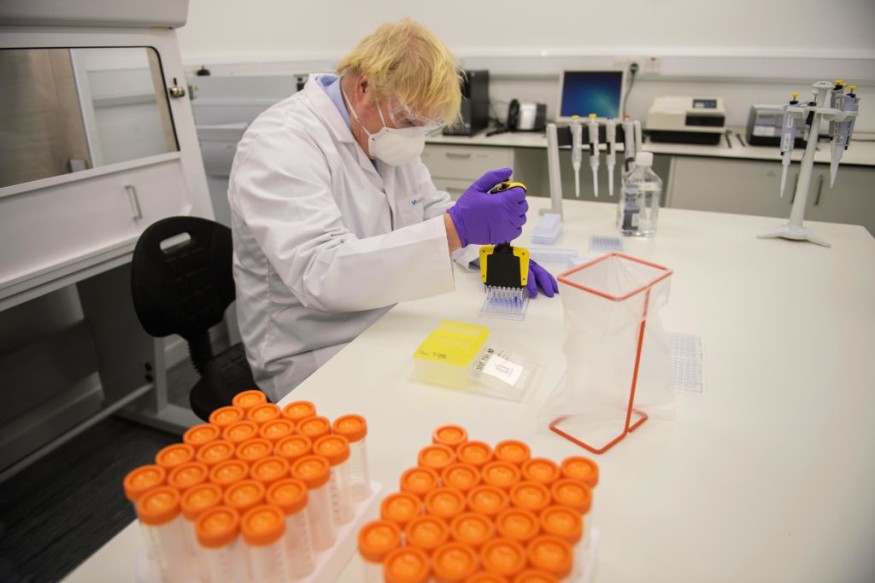The Valneva COVID-19 vaccine is said to be reliant in terms of its reliance against the virus. This shot from the French company, Valneva, has yet to reach completion of his clinical trials.
However, according to Rappler, the vaccine has caught the eye of governments, specifically in Australia, Europe, and the United Kingdom.
One of the main selling points of this vaccine is its seeming ability to mount a more common immune reaction against SARS-CoV-2, the virus that causes COVID-19, instead of depending on the spike protein to do this.
Meaning, the vaccine is more possible to be effective protection against the variant types already seen developing and may appear in the future. Some reports, including the one from The Coronavirus Pandemic, describe the Valneva COVID-19 vaccine as "variant proof."
The hope here is that vaccines utilizing this technology would be able to offer shields for longer periods instead of keeping being reformulated to move ahead of these new strains.
Read also: Operation Warp Speed: Pfizer Seeks FDA Emergency Approval to 20 Million COVID-19 Vaccine for the US

How This Fresh COVID-19 Vaccine Works
This vaccine of Valneva, identified as VLA 2001, is based on tried and tested vaccine technology. It is the same technology used in the vaccine injected against poliovirus and some flu vaccine types.
More so, the company has a commercially available vaccine as well for Japanese encephalitis based on the same technology.
VLA2001 utilizes an inactivate edition of the entire virus, which cannot reproduce, duplicate, or result in disease.
The said virus gets inactivated through the use of a chemical known as BPL or beta-propiolactone. This is commonly used to inactivate other viruses for vaccines.
It was even used to produce experimental versions of vaccines for protection against SARS-CoV, the virus that caused severe acute respiratory syndrome or SARS.
Such an inactivation type is expected to preserve the viral proteins' structure, as they would take place in nature. Meaning, the immune system will be presented with something the same as what's occurring naturally and mount a robust immune reaction.
Promising Results of the Valneva COVID-19 Vaccine
Such an approach to the development of the vaccine presents the immune system with the entire structural components of the COVID-19 infection, not just the spike protein as many other vaccines for the virus do.
Consequently, a related report from The Conversation said, this COVID-19 vaccine of Valneva is thought to produce a more broadly shielding immune response.
That is, both cells and antibodies of the immune system can recognize and neutralize more portions of the virus, compared to just the spike protein itself.
As a result, the Valneva COVID-19 vaccine could be more effective in dealing with COVID-19 virus strains and, if approved, play a vital role as what's described as a "variant proof," or booster vaccine.
Essentially, this COVID-19 vaccine can be stored at standard cold-chain conditions from two to eight degrees Celsius. It is also expected to be administered as a two-shot vaccine.
Valneva said no safety concerns neither serious adverse occurrences were linked to its VLA2001 in early-stage clinical trials.
The Valneva COVID-19 vaccine was administered in low, medium, or high doses in these trials, with all participants from the high-dose cohort producing antibodies to the virus spike protein.
Related information is shown on UHP_NHS's YouTube video below:
RELATED ARTICLE : COVID-19 Can Spread Beyond 6 Feet, CDC Says Virus is Airborne
Check out more news and information on COVID-19 on Science Times.










